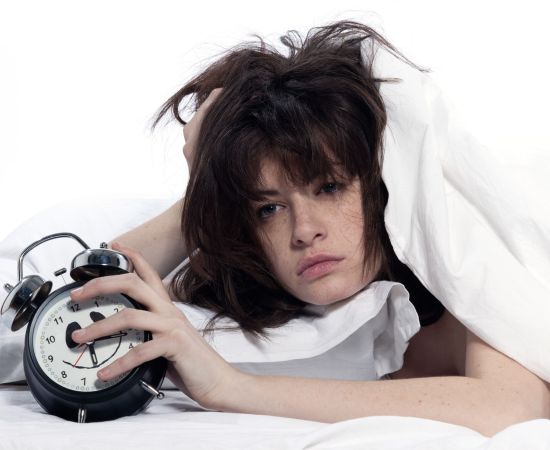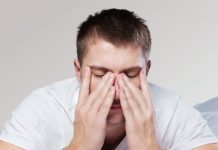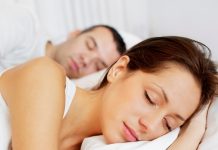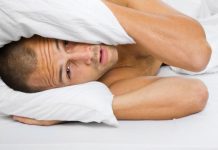There are more than 80 different sleeping disorders and dyssomnia is one of them and is characterized by excessive sleepiness or difficulty in maintaining and initiating sleep. It interrupts the number of hours you can sleep and also the quality of your sleep. It consists of a wide variety of conditions that can prevent you from achieving peaceful sleep. Restless leg syndrome, obstructive sleep apnea and conditions that affect your normal biological sleeping cycle like work shift sleep disorder and the likes are the most common dyssomnias.
Dyssomnia is temporary in many people but there are numerous people who suffer from chronic dyssomnia. Some of the sleep problems associated with this sleeping disorder are as follows –
- Too much or too little sleep
- Poor quality of sleep leading to tiredness
- Unable to initiate sleep
- Unable to stay asleep although the night
- Waking up too early in the morning
- Sleep schedule problems
Types of Dyssomnia
There are different types of dyssomnias and their causes are also different. It has been categorized under different heads depending on the sleeping problems that you are experiencing. While some of these problems are caused by extrinsic factors, others have medical reasons behind them. Here in this section we would look at some of them in details:
Insomnia
This is perhaps the most common sleeping disorders and is associated with problems that interfere with your ability to fall asleep or stay sleep or with the quality of your sleep. There are different types of insomnia and they are:
- Stress related insomnia caused due to anxiety
- Sleep maintenance insomnia is when you fall asleep easily but wake up in the middle of the night and experience trouble in sleeping back
- Sleep offset insomnia is when you find trouble falling back asleep after waking up very early in the morning
- Fatal familial insomnia is a genetic disorder and is chronic in nature and can lead to death as well
Lifestyle and Sleep Problems
Certain behaviors of your can interfere with your sleep cycle and some of them include:
- Drinking excessive alcohol
- Poor sleep hygiene
- Certain medications
- Shift work
- Jet lag
Breathing-Related Sleep Disorders
Sleep apnea and snoring are dyssomnias that arise due to your breathing problems. If you snore you might awaken yourself or your partner all throughout the night. If you have sleep apnea, your sleep might be disrupted as you stop breathing. Some of the problems under this head are:
- Central sleep apnea
- Obstructive sleep apnea
- Hypopnea
Movement Disorders
Involuntary movements occurring while you are asleep can also affect your sleep and some of them are:
- Jerking or twitching in sleep
- Periodic limb movement disorder
- Bruxism
- Somnambulism
Circadian Rhythm Disorders
You have an internal clock on which your sleeping schedule depends. This is the circadian rhythm and any disturbance in this rhythm can affect the quality and amount of your sleep. Problems included are:
- Delayed sleep phase syndrome
- REM
- Advanced sleep phase syndrome
Excessive sleep is also a type of dyssomnia.














